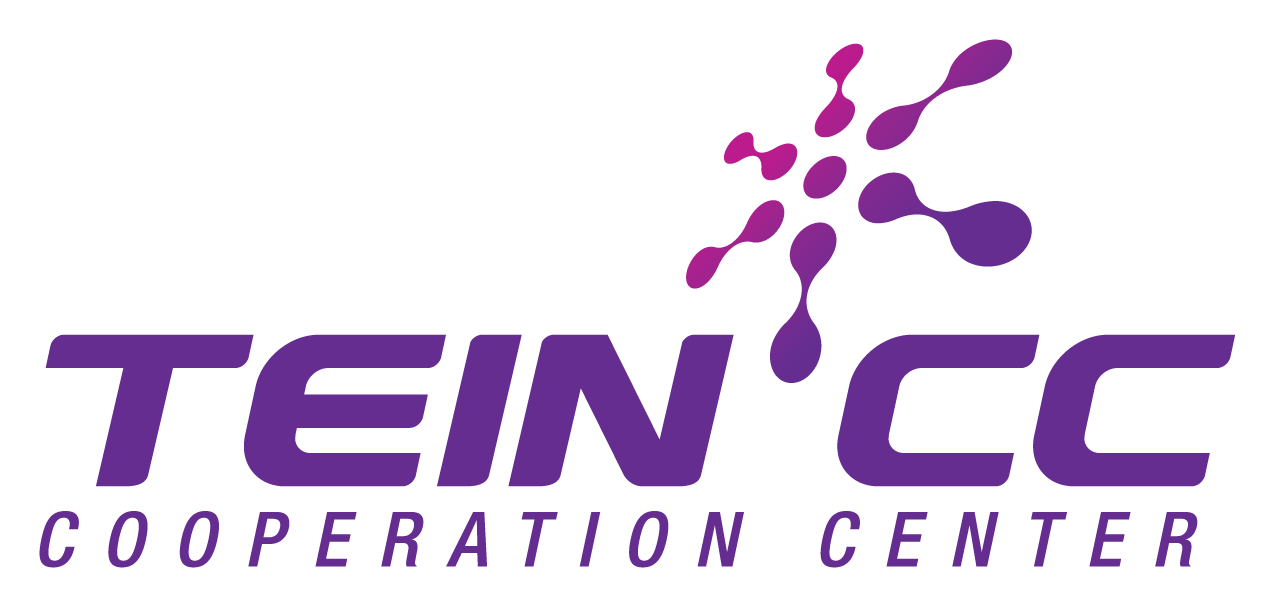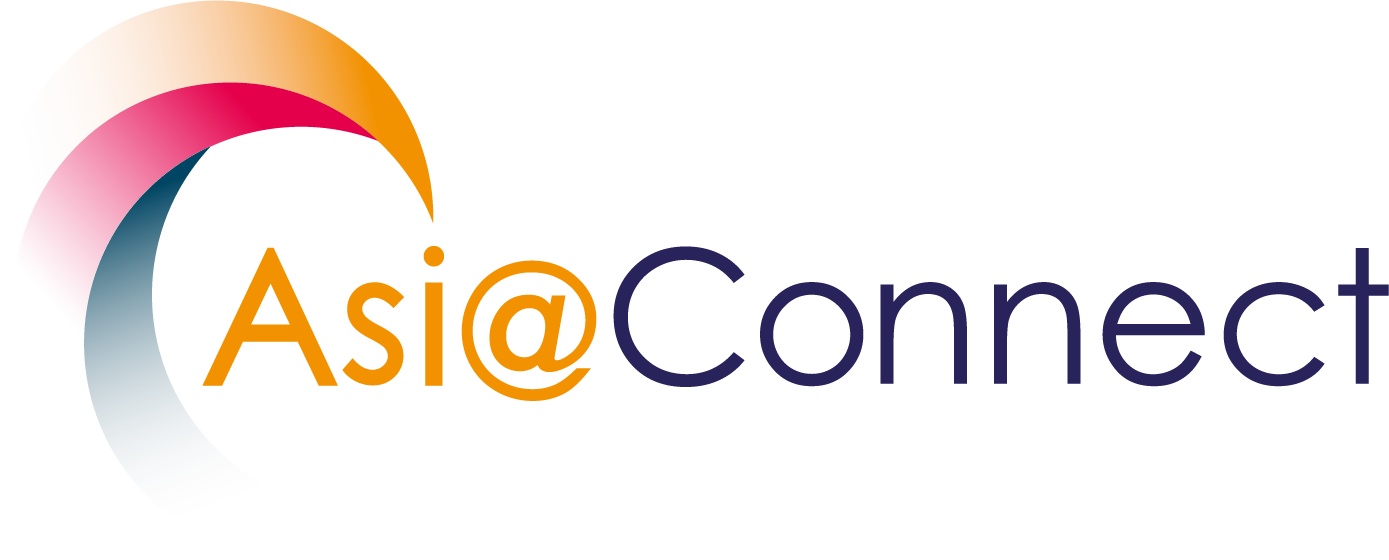Addressing South Asia's IT Gender Disparity
This transformative project addresses the critical gender gap in IT and ITES sectors across four South Asian countries—India, Nepal, Bhutan, and Bangladesh—by empowering female students through comprehensive training, skill development, capacity building, and innovative bilingual e-content development. The initiative emphasizes cutting-edge emerging technologies including Python programming, IoT, AI, ML, Blockchain, and Data Science to prepare the next generation of female technology leaders.
Breaking Barriers in Technology
Project Mission & Vision
The initiative targets long-term sustainability through comprehensive teacher training programs and collaborative academic ecosystems, ensuring that the impact extends far beyond the initial project period. By creating a network of empowered female educators and technology professionals, the project establishes a foundation for continued gender equity advancement in the rapidly evolving technology landscape of South Asia.
The Gender Technology Divide
The underrepresentation of women in IT and ITES sectors across South Asia represents a critical challenge that limits both individual opportunities and regional technological advancement. This project directly addresses systemic barriers that prevent girls and women from entering and succeeding in technology careers through targeted skill development and awareness initiatives.
Regional Academic Partnership
The project establishes a comprehensive partnership network across South Asia, bringing together leading educational institutions to create a collaborative ecosystem for gender-inclusive technology education. This network leverages the expertise and infrastructure of premier institutions to maximize reach and impact.
TEIN/NREN Infrastructure Utilization
The project strategically leverages the robust TEIN/NREN infrastructure across South Asia to ensure seamless connectivity and high-quality educational delivery. This network foundation enables synchronized live streaming, interactive workshops, and collaborative learning experiences that transcend geographical boundaries while maintaining consistent educational standards across all participating countries.
Comprehensive Training Programs
The project delivers two distinct but complementary training tracks designed to create both immediate impact and long-term sustainability. Skill Development Programs (SDPs) directly empower female students with cutting-edge technical capabilities, while Capacity Building Programs (CBPs) train educators to continue this mission beyond the project timeline.
Skill Development Programs (SDPs)
Capacity Building Programs (CBPs)
Key Project Milestones
Project Launch & Development
- April 22, 2022: Official project launch workshop with stakeholder engagement and program overview
- E-Content Development: Completed bilingual educational content for IoT and Python programming
Outreach & Visibility
- June 28, 2023: School Teacher Conference for educator engagement and sustainability planning
- June 23 & 28, 2023: Press Conferences for public awareness and project visibility enhancement
Transformative Impact & Achievements
Strategic Achievements
Direct Student Impact
- 3,097 Girls Empowered: Successfully trained female students in Python, IoT, and AI/ML technologies, creating a pipeline of skilled women technologists.
- High Engagement Rates: Achieved exceptional female participation rates ranging from 67% to 91% across different technology domains.
Educator Empowerment
- 1,442 Female Teachers Trained: Built sustainable capacity through educator training in four specialized IT/ITES areas for long-term impact.
- Cross-Border Collaboration: Established collaborative academic ecosystems via TEIN/NREN platforms for ongoing knowledge sharing.
Challenges & Strategic Solutions
Implementation Challenges
Adaptive Strategies
Contributing to Sustainable Development Goals
Sustainable Future & Expansion
Sustainability Framework
The project establishes a comprehensive sustainability framework through trained faculty who will continue regional training programs, bilingual e-content platforms for ongoing access, and strengthened cross-border academic collaborations. This approach ensures that the empowerment of women in technology continues well beyond the formal project period.
Expansion Strategy
Future initiatives include seeking additional funding sources for program expansion, strengthening school outreach through renewed awareness campaigns, and developing new joint research and training proposals that build on the established regional network. The project also plans to expand coverage to additional South Asian countries and integrate new emerging technologies into the curriculum.
Vision for Gender-Inclusive Technology in South Asia
The Girls Empowerment in IT project is pioneering a transformation in South Asia's technology landscape, where gender equity becomes a cornerstone of innovation and progress. Through systematic capacity building, regional collaboration, and sustained educational excellence, this initiative is creating a future where women lead technological advancement, drive digital innovation, and serve as role models for the next generation. This foundation will transform how South Asian societies approach technology education, ensuring that talent and creativity, regardless of gender, drive the region's digital transformation and economic growth.
Long-term Impact Initiatives
Continued Faculty-Led Training
Trained faculty members across participating institutions will continue delivering technology training programs, ensuring sustainable capacity building and ongoing empowerment of female students in emerging technology areas.
Enhanced School Outreach
Renewed efforts to launch comprehensive awareness campaigns targeting school-age girls, creating early interest in technology careers and building a pipeline of future women technologists.
Regional Research Collaboration
Development of joint research initiatives and collaborative academic programs that leverage the established network to advance gender-inclusive technology research and innovation across South Asia.
Technology Curriculum Evolution
Continuous integration of emerging technologies and industry-relevant skills into training programs, ensuring that women are prepared for future technology leadership roles and market demands.


